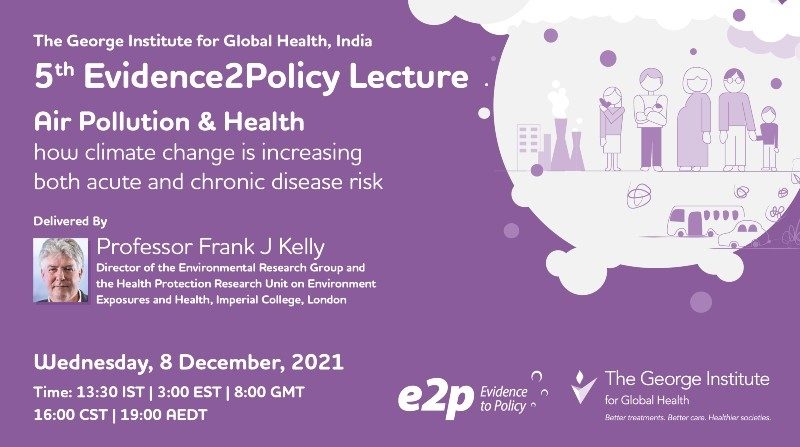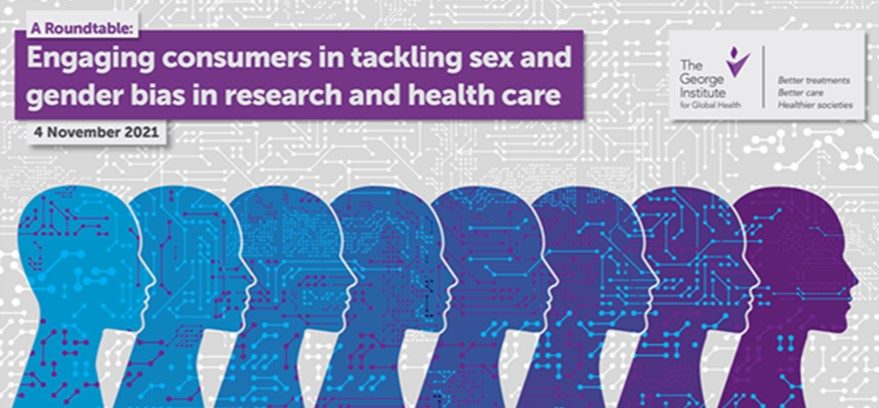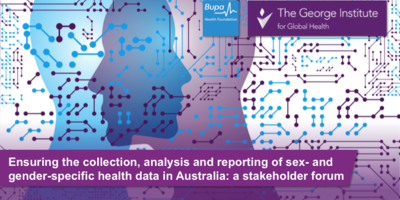George Institute researchers have been awarded funding for two studies looking at innovative ways to improve cardiovascular health as part of the NSW Department of Health’s Cardiovascular Research Capacity Program Early-Mid Career Researcher Grants program.
People with type 2 diabetes (T2D) are at high risk of developing complications and cardiovascular diseases. While diet is a critical approach to help prevent CVD in people with T2D, there are very few established and reimbursed dietary programs that effectively improve blood sugar control and lower CVD risk, that are also accessible for the most at-risk patients.
Dr Jason Wu has been awarded $449,336 to conduct a randomised controlled trial of Medically-Tailored Meals to prevent cardiovascular disease among people with type 2 diabetes.
Medically-Tailored Meals (MTMs) are a promising intervention where patients with chronic conditions are provided nutritionally tailored meals delivered to their homes. MTM programs are typically designed for vulnerable patients such as those experiencing food insecurity, thus also provide an innovative way to improve social determinants of health.
It is hoped this trial will identify whether MTMs work and are cost-effective for improving blood sugar control amongst patients with poorly controlled T2D.
Dr Jennifer Barraclough has been awarded $446,802 to support a cluster randomised trial using non-traditional approaches to engaging women in their health.
Australian women have a high burden of modifiable risk factors for chronic disease including 60 percent being overweight or obese, and 20 percent having uncontrolled high blood pressure. Unfortunately there are many barriers that prevent women from visiting a health care professional and discussing their health.
However, hairdressers are one of the most common paid services used by Australian women, so hair salons present an opportunity to reach a large proportion of women.
Dr Barraclough’s study will investigate whether a light touch, ‘nudge’ intervention delivered by hairdressers can encourage women to visit their general practitioner and have the health assessments appropriate for them.

















